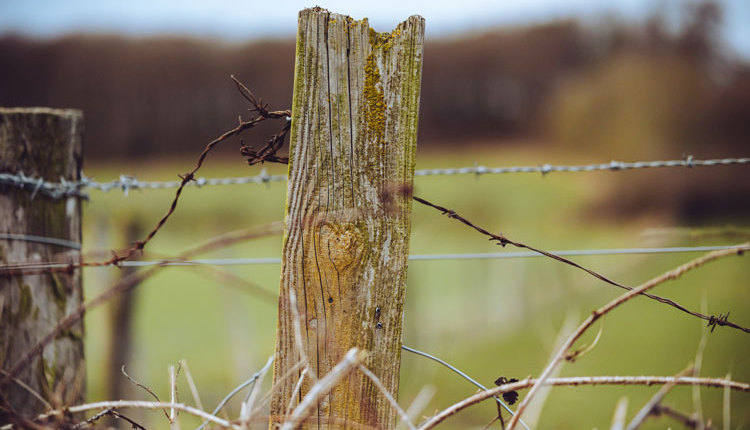Having grown up working in the dairy industry, I know firsthand how hard dairy farm families work to make cow comfort and safety a top priority. Unfortunately, animal rights groups, with the ultimate goal of ending the consumption of milk, meat and eggs, make their top priority misleading consumers about how dairy cows are cared for on farms.
One method of accomplishing this is sending "undercover" activists to gain employment on farms. These individuals - who are also being paid by animal rights activist organizations in addition to collecting a paycheck from the farm - have the sole mission of capturing footage or images that activist organizations can use to depict the industry in a poor light.
Let me be clear - no one in animal agriculture condones any sort of animal abuse. If animal mistreatment is occurring, it needs to be reported and dealt with swiftly.
Promoting a positive and truthful image of the dairy industry to the public starts on the farm. To protect your farm's reputation, follow the tips below to make farm security part of your daily operations.
One method of accomplishing this is sending "undercover" activists to gain employment on farms. These individuals - who are also being paid by animal rights activist organizations in addition to collecting a paycheck from the farm - have the sole mission of capturing footage or images that activist organizations can use to depict the industry in a poor light.
Let me be clear - no one in animal agriculture condones any sort of animal abuse. If animal mistreatment is occurring, it needs to be reported and dealt with swiftly.
Promoting a positive and truthful image of the dairy industry to the public starts on the farm. To protect your farm's reputation, follow the tips below to make farm security part of your daily operations.
- Make animal care a formal part of your business plan. With a population so far removed from agriculture, there is no such thing as "common sense" when it comes to farm practices. While it may seem obvious to you that animal care is critically important, having it clearly documented is essential. Your farm's philosophy on animal care should be written out in your business plan and posted throughout your farm's office and other public or employee areas.
- Be vigilant in your hiring process. Take every precaution to be sure that every employee you hire shares your passion for dairy farming and caring for cattle. Always check references, and be on the lookout for red flags that someone may be misrepresenting themselves in order to get hired: seeking temporary work, using a university ID, out-of-state license plates on their car, inappropriately or overly educated for the position, willing to work for very little and insisting on working in an animal handling position.
- Effectively train employees. Everyone who works on your farm should receive extensive training in animal handling. This includes direction on what is acceptable animal care and what is not - and what to do if an employee sees something happening that shouldn't be. Make it clear that reporting animal mishandling is an expectation and will not lead to retribution. An anonymous hotline is one way of encouraging employees to report concerns.
 The author is communications director for Animal Agriculture Alliance, Arlington, Va. For more information on farm security and animal rights activism, visit the Animal Agriculture Alliance website at www.animalagalliance.org.
The author is communications director for Animal Agriculture Alliance, Arlington, Va. For more information on farm security and animal rights activism, visit the Animal Agriculture Alliance website at www.animalagalliance.org.








